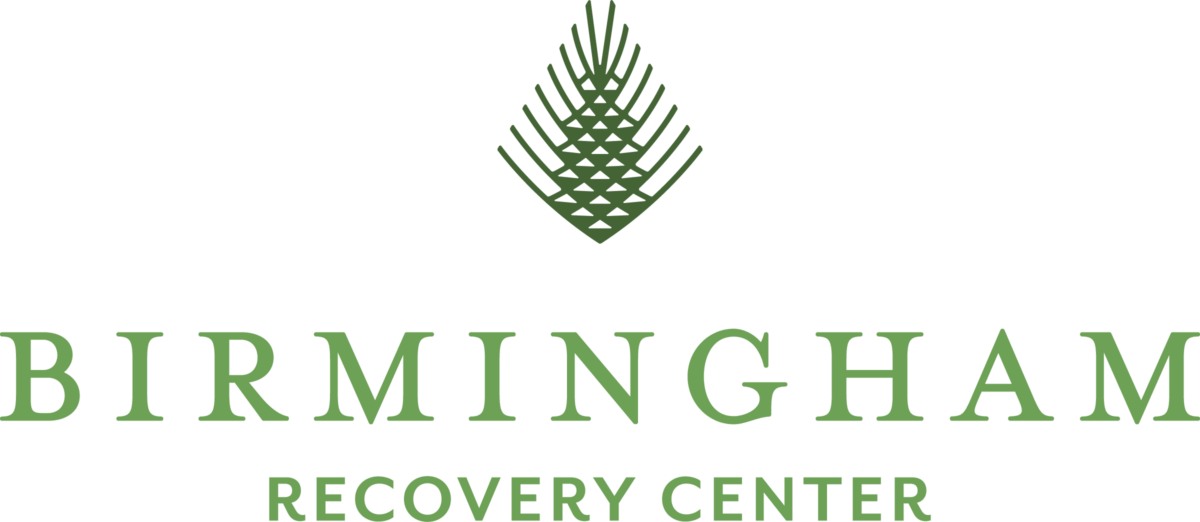Alcohol addiction can be a very hard and uncomfortable thing to admit. It takes courage to face the reality of your condition, let alone reach out for help. Sadly, due to the stigma surrounding substance abuse, many people still view reaching out as shameful or embarrassing. At our alcohol rehab in Birmingham, AL, we want you to know that there is nothing wrong with asking for help. Whether you’re going through a drinking problem yourself or struggling to come to terms with a loved one not seeking help, here is some information that could help explain why many don’t take that first step.
Fighting Stigma Against Alcohol Rehab
Unfortunately, there is still a strong social stigma attached to alcohol and substance use disorders, which makes those suffering from these issues reluctant to seek help via alcohol rehab. This stigma can come from family members, friends, coworkers, or even strangers in the community who may view addiction as a moral failing or character flaw instead of a treatable medical condition.
The fear of being judged can make someone who needs to go to alcohol rehab feel ashamed or embarrassed about their situation. It can also lead them to believe that they are too far gone for any kind of help and that it’s pointless to try. Sadly, this stigma prevents many individuals from asking for the help they need and keeps them stuck in a cycle of addiction.
Why Someone Might Not Ask for Help
Fear of Change or the Unknown
Leaving behind a lifestyle that involves alcohol can be an incredibly daunting prospect, and it is natural to feel scared of change and the unknown. After years of alcohol misuse, many people become so accustomed to their behaviors that they may not know how to function without it. This fear can be particularly strong if someone’s drinking has been self-medicating underlying issues such as depression or anxiety. So much so that even if they do recognize their need for help, the thought of stopping might still fill them with terror.
Limited Access to Resources
In some cases, individuals may live in communities or areas where there are limited treatment options or support services available to them. Not many people know that there are telehealth services and alcohol rehab programs that can provide support from the comfort of their own homes.
Others might simply lack the awareness to access these services. This can be especially true for some remote areas, where there might be fewer resources available and less information about how to access them.
Additionally, financial constraints may also prevent people from getting the help they need. However, it is important to remember that there are many treatment centers, both inpatient and outpatient, that offer funding options for those who may lack the financial means. There also may be insurance plans or state-funded programs available to help cover the cost of treatment.
Denial
Denial is another common factor that can prevent someone from seeking alcohol rehab. It’s often a defense mechanism used by those suffering from substance abuse to cope with the reality of their situation, and it can be incredibly difficult to break through. Denial can lead people to minimize or ignore the fact that they have an issue and convince themselves that everything is alright when in reality, things are far from okay. This type of behavior prevents them from recognizing their need for treatment and keeps them stuck in a cycle of drinking instead.
By ignoring the problem, individuals may also avoid challenging feelings such as guilt, shame, and regret, which further reinforces this denial state. They might feel scared of facing these emotions, so much so that they would rather avoid the situation altogether. This might make it more difficult for family members and friends to intervene since the individual is not even recognizing the issue in the first place.
It’s important to note that denial can exist at any stage of addiction, from early abuse up until severe dependence or withdrawal symptoms. Even if someone reluctantly agrees to get help, they might still hold onto some level of denial, which could make treatment less effective. In these cases, it is essential for them to work through this layer of resistance with a qualified alcohol rehab professional who has experience with addiction recovery.
Isolation
Isolation can be a major factor that prevents someone from seeking alcohol rehab. People who are suffering from an alcohol problem may often distance themselves from those closest to them and shut out family members and friends who attempt to intervene. This is partly because the individual feels ashamed of their situation and does not want to admit their problem in front of others. Furthermore, they might also be scared that people will judge them or reject them when they learn about the extent of their substance abuse.
In some cases, isolation can be so severe that individuals no longer feel comfortable reaching out for help, even if other resources are available to them. They might stop engaging with treatment centers and recovery programs, avoid support meetings, or ignore calls from concerned family members.
It is essential for those who are suffering from alcohol addiction to reach out for help and connect with supportive people in their lives. This could mean reaching out to friends, family members, or joining a support group like Alcoholics Anonymous, which provides the opportunity to share experiences with others who have gone through similar struggles.
Lack of Support
Sometimes, people simply do not have established familial connections or friendships to lean on during hard times. For someone who is used to doing everything independently, finding people they can trust enough to ask for help can feel like an impossible task.
Without the proper support, individuals may feel like they are completely alone in dealing with their addiction. They might think that no one understands what they are going through, and this can lead them to further turn inwards and become more dependent on alcohol as an escape.
Community is one of the four dimensions of recovery, so having a support system in place is essential when it comes to recovering from substance abuse. Even if someone does not have close friends or family members they can rely on, there are many organizations and services that can provide the help they need.
Reach Out to an Alcohol Rehab in Birmingham, AL
At Birmingham Recovery Center, our alcohol rehab in Birmingham, AL provides the opportunity for individuals to connect with others and build a supportive network of people who can help them toward sobriety. Contact us today to learn more about how we can help you or your loved one face the challenge of alcohol addiction.

